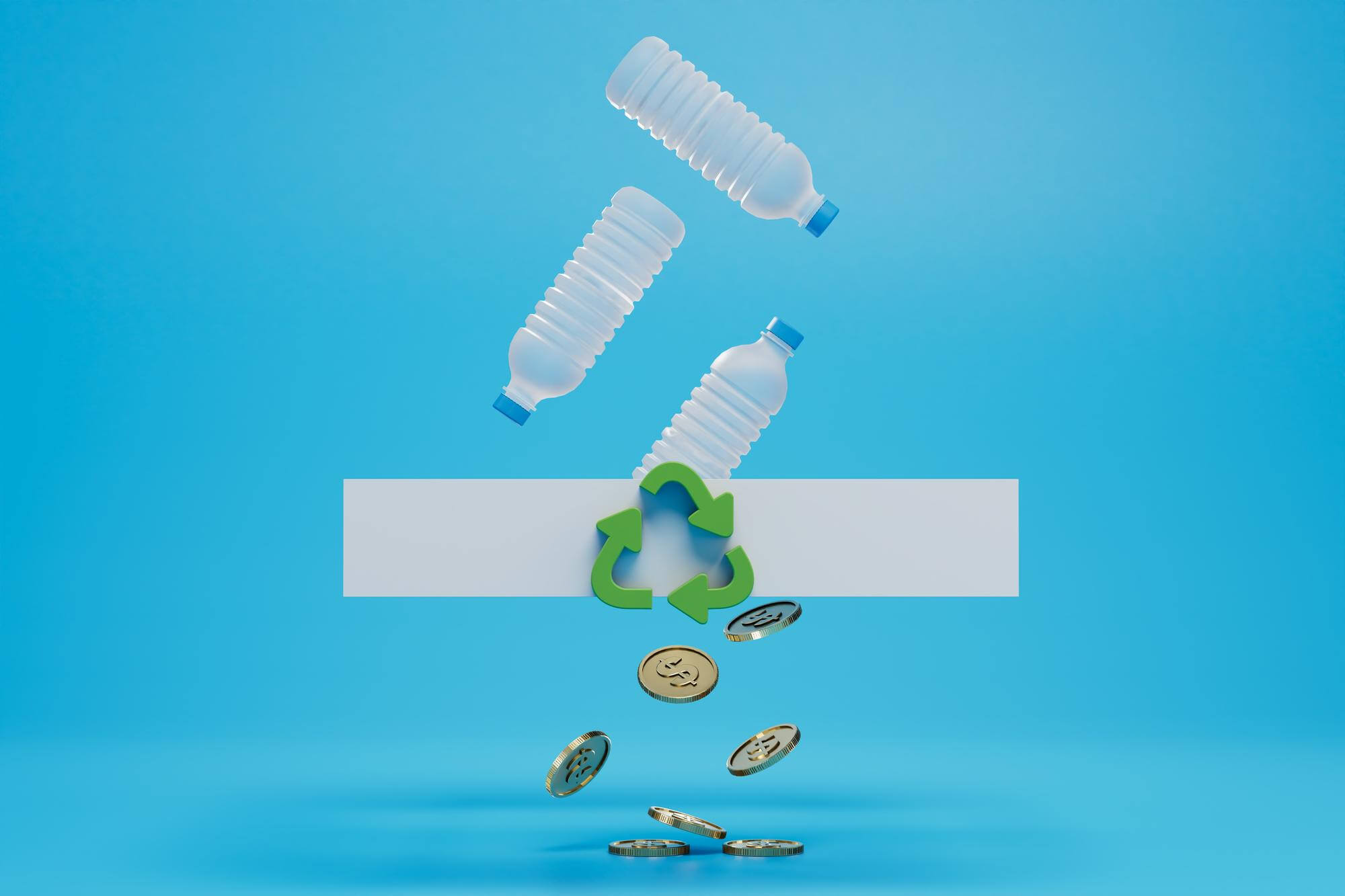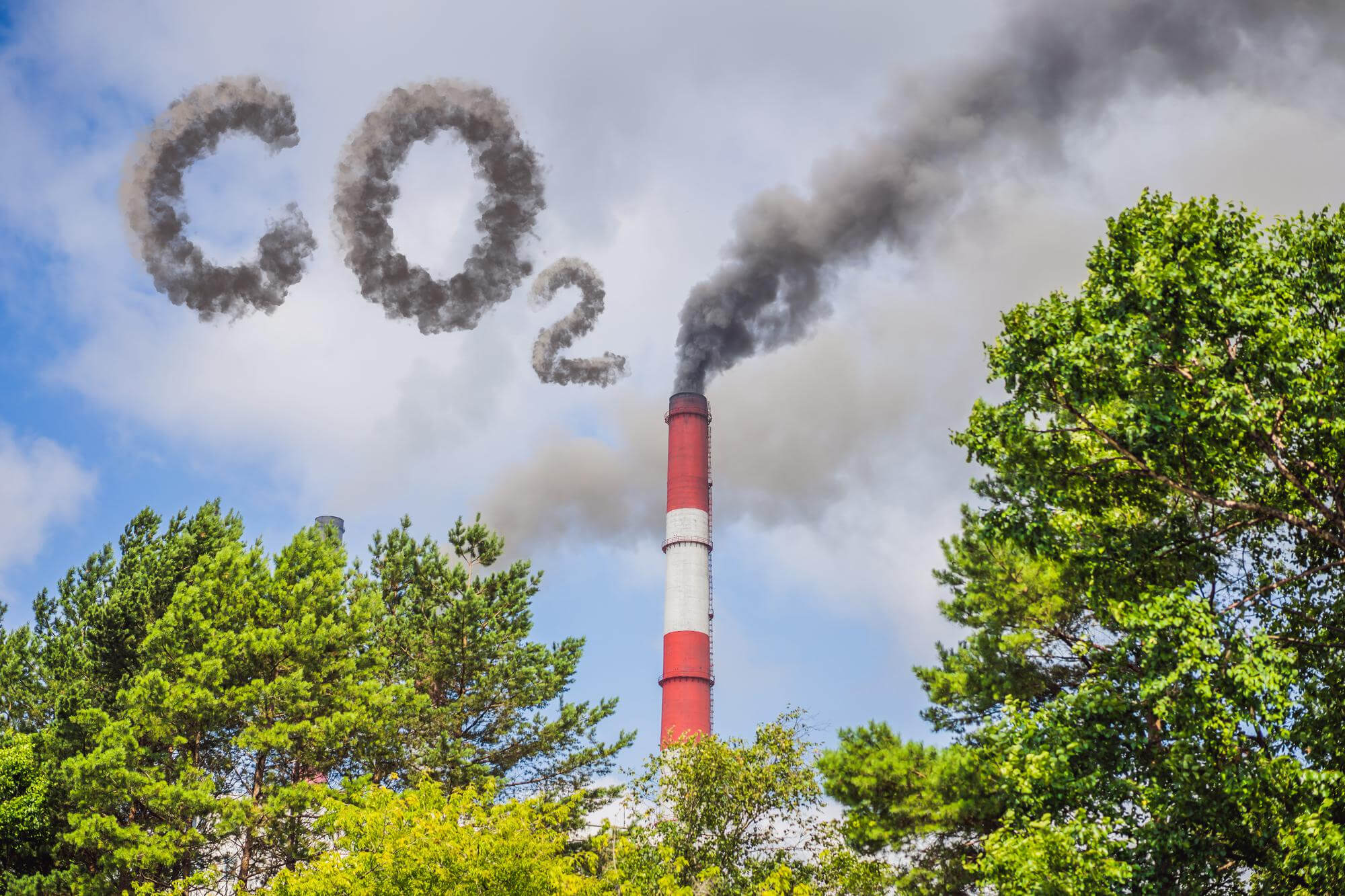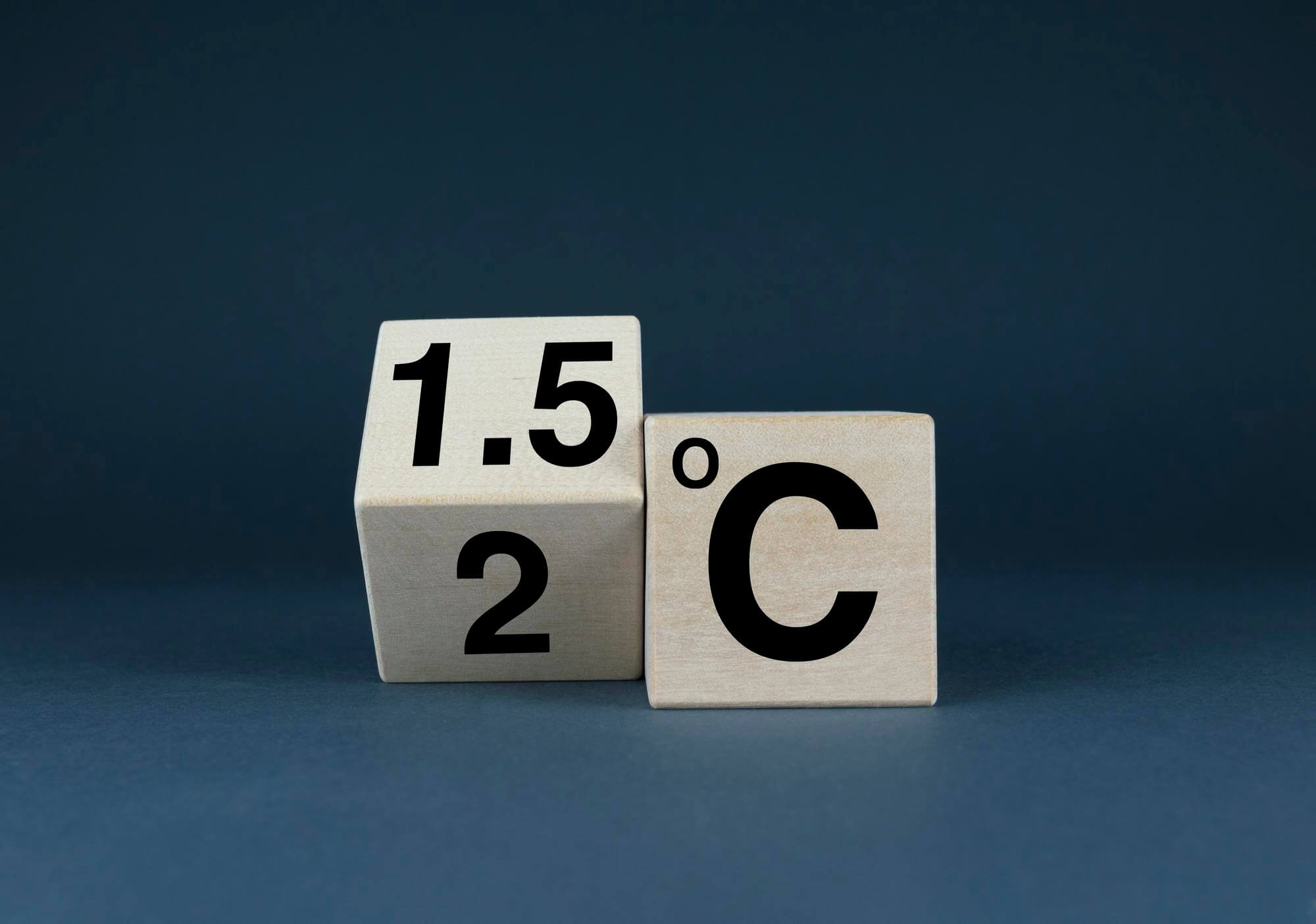-
Carbon accounting

Carbon accounting is the process of quantifying and tracking a company’s greenhouse gas (GHG) emissions. The goal of carbon accounting is to provide a comprehensive understanding of a company’s carbon footprint and to identify opportunities for reducing emissions. Carbon accounting involves three main steps: measurement, reporting, and reduction. First, the company measures its GHG emissions…
-
Reducing Plastic Waste: A Comprehensive Guide to Plastic Credits and Extended Producer Responsibility

The ever-increasing amount of waste generated worldwide has become a primary environmental concern. Among the different types of waste, plastic waste is particularly problematic, as it takes hundreds of years to decompose and often ends up polluting oceans and natural habitats. According to a report by the United Nations, about 300 million tonnes of plastic…
-
Understanding the Plastic Credit Economy: A Closer Look at Tradable Certificates

Plastic waste is a growing concern for the global community. Every year, 11 million metric tons of plastics enter our ocean on top of the estimated 200 million metric tons that currently circulate our marine environments, damaging marine life and threatening human health. To address this problem, governments, businesses, and consumers are increasingly turning to…
-
IEA Report Highlights Need for Continued Investment in Clean Energy Technologies to Tackle Climate Crisis

Global energy-related carbon dioxide emissions rose by under 1% in 2022, according to the International Energy Agency’s (IEA) new analysis of CO2 Emissions 2022. The new analysis, part of the IEA’s Global Energy Transitions Stocktake series, shows that solar, wind, EVs, heat pumps, and energy efficiency helped limit the impacts of increased use of coal…
-
Reaching the 1.5°C Target: Understanding the Industry-Specific Challenges and Opportunities

In our previous article, we discussed the critical difference between a 1.5-degree and 2-degree global temperature rise and the importance of limiting global warming to 1.5 degrees. This article picks up from where we left off and delves into the role of each industry in closing the gap in climate action across the highest-emitting sectors…
-
What is carbon neutrality?

Carbon neutrality, although often used interchangeably with “net zero,” refers to achieving a balance between CO2 emitted and CO2 absorbed from the atmosphere and includes a very different methodology than to achieve “net zero.” It counterbalances your company’s carbon dioxide emissions by neutralizing the same amount of carbon or greenhouse gasses. In very simple words,…
-
Carbon Conundrum Solved: The Ins and Outs of Reducing Emissions through Carbon Credits

Climate change is one of the most pressing issues facing our planet, with the potential to cause severe consequences on ecosystems, economies, and communities. To prevent these impacts and meet the crucial goal set by the Paris Agreement of limiting temperature rise to 1.5°C, it is essential that global net-zero carbon emissions be achieved by…
-
From trend to necessity: The evolution of sustainability in business

When it comes to discussing sustainability and the efforts to combat climate change, it’s important to use the correct terminology. Words like “net zero,” “carbon neutrality,” and “climate positive” may seem interchangeable, but they actually refer to different things, and it’s important to use the correct terms in order to ensure transparency and integrity. One…
